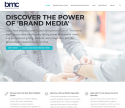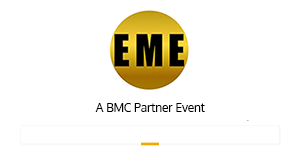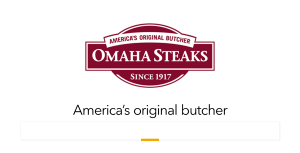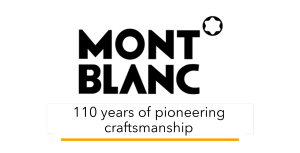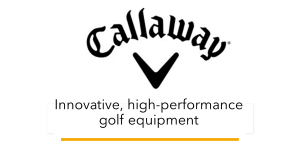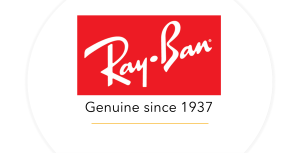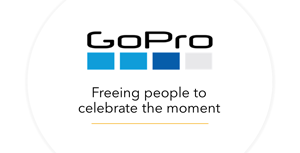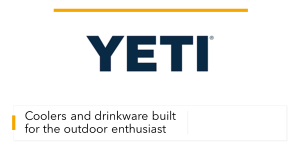IRF Roundtable: Taking Incentive Travel Design to the Next Level
 This roundtable discussion by incentive travel planners organized by the Incentive Research Foundation on how to maximize the value of an incentive travel destination aligns with the considerable research emphasizing the new interest on the part of many participants in experiencing destinations in a more authentic way.
This roundtable discussion by incentive travel planners organized by the Incentive Research Foundation on how to maximize the value of an incentive travel destination aligns with the considerable research emphasizing the new interest on the part of many participants in experiencing destinations in a more authentic way.Do Your Audience Analysis
Leverage Local Expertise
When Possible, Let People Explore
“Unique destinations and authentic experiences appeal to well-traveled, well-compensated participants. Authenticity matters to people who have participated in previous incentive trips, are looking for something unique, and are excited by what money-can’t buy-experiences,” is a key finding of this roundtable discussion of incentive travel planners hosted earlier this year by the Incentive Research Foundation.
Their key recommendations apply both to destinations and planners. Their views align with recommendations in the recent EEA Brand Media Coalition YouTube Show, RRN: Reimagining Business Meetings and Incentive Travel in the Post-Covid Era.
Do Your Audience Analysis
The panelists urge clients and destinations to understand the perspective of the audience and decision makers. Are they hungry for adventure? Curious about history, or do they simply want to skim the surface? Survey program qualifiers, analyze feedback from previous participants, and engage with leadership to determine what works for the specific audience.It’s also important to “understand what competitors are doing as incentives are increasingly focused on talent retention. They need their incentives to be a big win and a sure thing, especially when those leaders are new to an organization. Program owners agreed that leaders are spending more in order to outdo the competition.”
Yet, at the same time, “leadership often proceeds with caution, contributing to the struggle between selecting a new, unique destination, which IRF research has shown to be in demand among attendees, versus the known and reliable. Incentive program owners are trying to break out of traditional incentive destinations focused on sun and fun, but budgets are restrictive, so all-inclusive resorts and pricing continue to drive choice.”
Even within traditional destinations, “it is important to present new experiences to avoid programs that become stale or expected.” Planners should approach these moments with facts and data with clear, logical reasons” recognizing they might not prevail.
Leverage Local Expertise
Destination Management Companies (DMOs), Convention & Visitors Bureaus (CVBs), and Destination Management Companies (DMCs) help “connect the dots” around all the benefits of a destination from pre-event communications to onsite experiences to post-trip follow-up, the incentive travel planners point out.
According to the report, clients and third parties both are looking for opportunities to surprise and delight their attendees. They will usually rely on the DMC for this. They connect planners to local knowledge, truly authentic experiences, trusted vendors, and proven value. DMCs help connect planners to local culture and to new opportunities that cannot be found in the destination’s travel book. Private tours conducted by local tour guides, access to historic sites, restaurants with locally sourced produce, local artisans, and off-the-beaten path treasures are just a few examples of how DMCs can connect planners to resources and experiences unique to the destination, the panelists advise.
Another important resource that planners expect from DMCs and DMOs is access to photos, videos, and marketing copy that generate excitement about the destination. Visuals are very important, the planners insist, and the ability to easily add destination photos and videos to the company’s branded communications helps planners promote a destination. Several planners share slick destination-specific social media posts and reels created by DMCs when presenting new destination options to leadership or for generating pre-trip enthusiasm among attendees.
They believe that education and storytelling about the unique destination should be built into the program. “Attendees want to know what is unique about the destination, from both a historical perspective as well as what’s special now. Culture is memorable, and the things attendees learn and experience on incentive trips stay with them long after they return home.”
A program owner noted that people are “more attached to creating a local experience and being tied to local culture.” As part of the discussion, the roundtable experienced the indigenous culture with a visit to Wendake, a First Nations reserve that has been inhabited by the Huron-Wendat people for over 1,000 years. They explored the community’s cultural heritage, experienced traditional cuisine, and took part in a longhouse ceremony.
When Possible, Let People Explore
Depending on the destination, panelists say they “would be absolutely comfortable with having attendees explore on their own and experience what they are most interested in. In fact, several of our attendees in Quebec ventured out to find that best hot chocolate the tour guide told them about – and were not disappointed. However, some destinations are simply not suited (for safety reasons) for independent exploration, and program owners will then default to keeping participants in the resort bubble and bringing more of the history or culture of the destination to them.”
In the case of the many incentive travel trips still returning to tried and true destinations, they advised that it’s “critical to overcome the yawn factor and seek out new ways to experience the destination.”
Gifting is seen as a huge opportunity to extend the impact of the incentive trip, they all agree. Incentive planners often rely on destination resources to provide suggestions around local products and artisans with which to surprise and delight people with memorable gifts. “Program owners are leaning more into destination branded gifts or experiential gifts – local art, crafts, and food, or items they can customize or personalize – over company-branded swag. Locally sourced gifts can be unique and special, not something that can be purchased at home or even online. Local artisan markets are popular choices and help infuse a sense of place, along with opportunities for personalization. This can be taken to the next level with entertainment, story tellers, and approachable education about the destination or item. Quality is important when it comes to gifting, and planners want to be realistic about reuse and make sure the gift will be taken home. It’s important to invest time into choices as this is a great way to bring the destination to life, and help attendees take a piece of the destination home.”
Here are the participants in the roundtable discussion hosted by Destination Canada and their partners Fairmont Le Château Frontenac, Quebec City Business Destination, and Inscript DMC.
Jennifer Attersall – Destination Canada
Audrey Blanchet – Fairmont Le Château Frontenac
Ashley Bollman – ITA Group
Morgan Crain – Rubrik
Regis Fleury – Quebec City Business Destination
Dianna Hermesmeyer – Kenworth Truck Company
Kay Marie Kempke – USCellular
Kelly Moore – HealthMarkets Insurance Agency, Inc.
Thomas Parish – Alpha
Marc Pinner – ITA Group
Rana Singh – NetApp
Jordan Sanford – Prestige Global Meeting Source
Kelli Slonim – One10 Marketing.
Profit From the “S” of Environmental, Social, Governance (ESG)
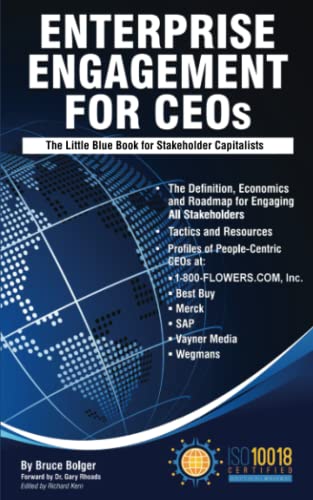
Through education, media, business development, advisory services, and outreach, the Enterprise Engagement Alliance supports boards, business analysts, the C-suite, management in finance, marketing, sales, human resources and operations, etc., educators, students and engagement solution providers seeking a competitive advantage by implementing a strategic and systematic approach to stakeholder engagement across the enterprise. Click here for details on all EEA and RRN media services.
1. Professional Education on Stakeholder Management and Total Rewards
- Become part of the EEA as an individual, corporation, or solution provider to gain access to valuable learning, thought leadership, and marketing resources.
- The only education and certification program focusing on Stakeholder Engagement and Human Capital metrics and reporting, featuring seven members-only training videos that provide preparation for certification in Enterprise Engagement.
-
EEA books: Paid EEA participants receive Enterprise Engagement for CEOs: The Little Blue Book for People-
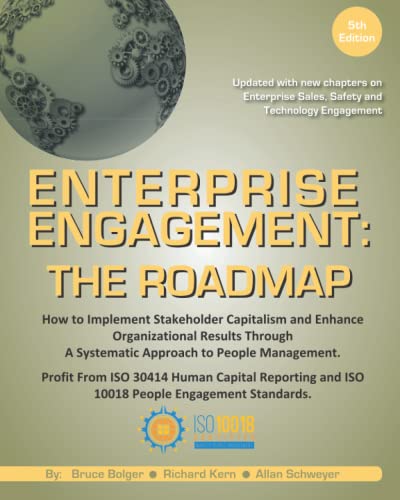 Centric Capitalists, a quick implementation guide for CEOs; Enterprise Engagement: The Roadmap 5th Edition implementation guide; a comprehensive textbook for practitioners, academics, and students, plus four books on theory and implementation from leaders in Stakeholder Management, Finance, Human Capital Management, and Culture.
Centric Capitalists, a quick implementation guide for CEOs; Enterprise Engagement: The Roadmap 5th Edition implementation guide; a comprehensive textbook for practitioners, academics, and students, plus four books on theory and implementation from leaders in Stakeholder Management, Finance, Human Capital Management, and Culture.
- ESM at EnterpriseEngagement.org, EEXAdvisors.com marketplace, ESM e–newsletters, and library.
- RRN at RewardsRecognitionNetwork.com; BrandMediaCoalition.com marketplace, RRN e-newsletters, and library.
- EEA YouTube Channel with over three dozen how-to and insight videos and growing with nearly 100 expert guests.
Strategic Business Development for Stakeholder Management and Total Rewards solution providers, including Integrated blog, social media, and e-newsletter campaigns managed by content marketing experts.
4. Advisory Services for Organizations
Stakeholder Management Business Plans; Human Capital Management, Metrics, and Reporting for organizations, including ISO human capital certifications, and services for solution providers.
5. Outreach in the US and Around the World on Stakeholder Management and Total Rewards
The EEA promotes a strategic approach to people management and total rewards through its e-newsletters, web sites, and social media reaching 20,000 professionals a month and through other activities, such as:
- Association of National Advertisers Brand Engagement 360 Knowledge Center to educate brands and agencies.
- The EEA Engagement widget to promote, track, and measure customers/employee referrals and suggestions that can be connected to any rewards or front-end program management technology.
- The Stakeholder Capitalism free insignia to promote a commitment to better business.
- The BMC Brand Club and transactional storefronts to educate corporate and agency buyers on the IRR market.
- The EME Gold program to educate the top 3% of promotional consultants on selling engagement and rewards services



